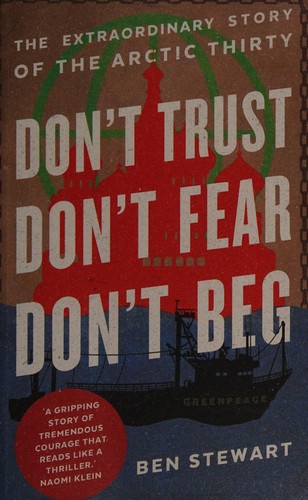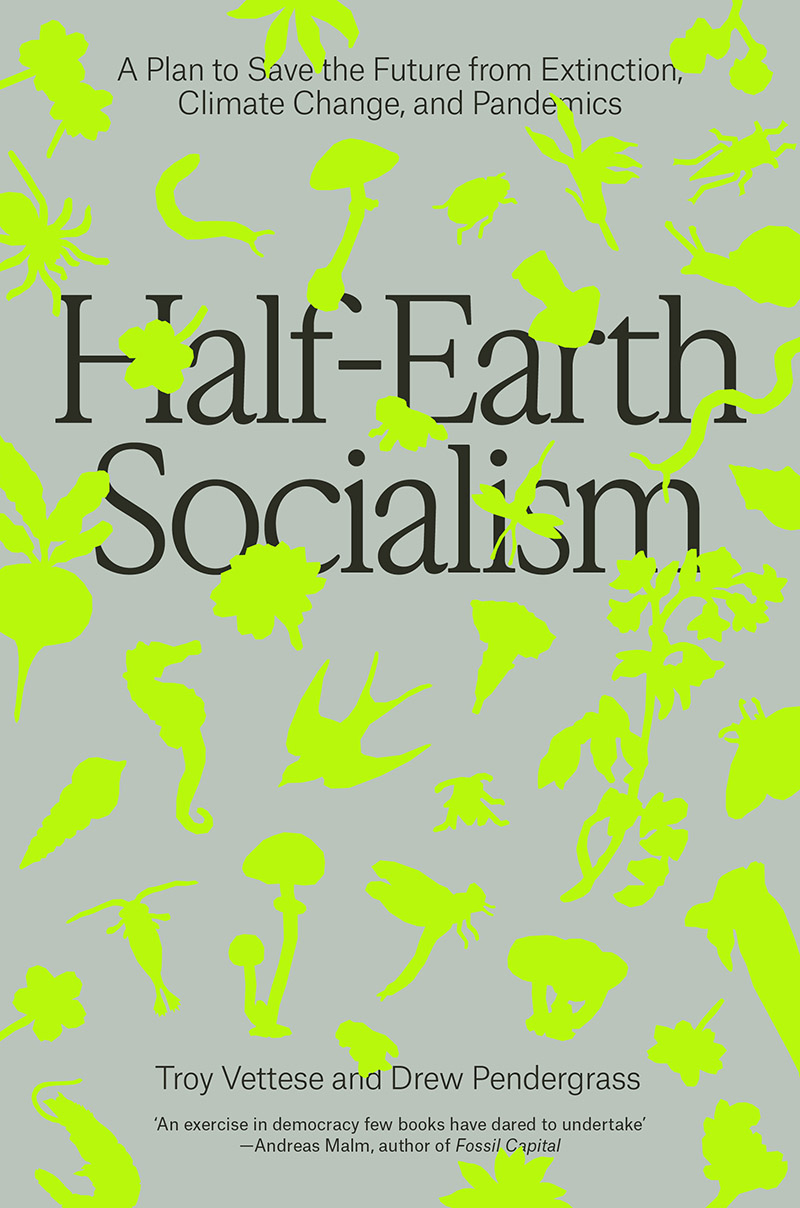Those who currently hold power in our society, those who have failed us tragically, do not have our interests at heart, nor those of the planet. And in fact, our interests and the interests of the earth are one and the same. We do not know how disastrous these next decades will be. But there is one certainty that can give us hope and courage: there is not a single scenario in which taking action, in defense of ourselves, in defense of one another, in defense of all the interconnected life on this planet, will not make things better.
It has been a while since a book so accurately responded to my deepest worries. I had heard the name of Kohei Saito but never approached his writing before. This book is amazing, clear and easy to read but also profound and dare I say it, truly revolutionary. Saito is a Marxist scholar, and in this book he approaches the climate and environmental crisis through Marxism and proposes Degrowth Communism as the solution for human civilisation to survive. His argument is cogent. He starts out by debunking the myth of green growth and argues why capitalism is ill suited to respond to the needs of our time. He then writes how Marx himself had arrived to the idea of degrowth communism (although likely never actually called it that way) as he got older and his unpublished notes and research prove this evolution in his thought. The book closes by showing …














